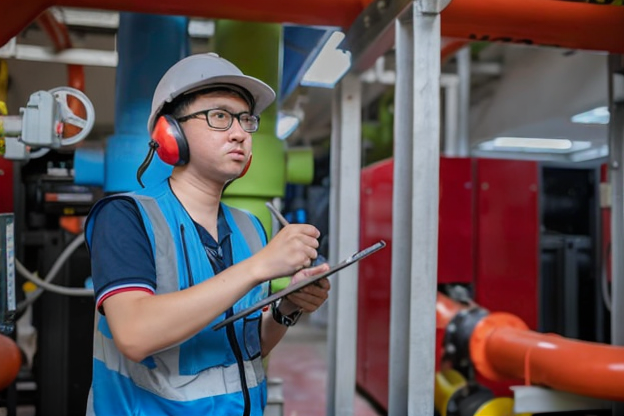The Sustainability of Metal Fabrication: Utilizing Recyclable Materials+ View more
The use of recyclable metals not only conserves the finite resources available on our planet but also reduces the environmental impact of the manufacturing process. Recycling metals requires less energy compared to the production of new metals from raw materials, resulting in lower greenhouse gas emissions. Additionally, recycled metals can be repurposed multiple times without losing their inherent properties, thereby offering an endless loop of material usage for fabrication needs.
Innovation and Future Directions in Metal Fabrication
Advancements in technology continue to push the boundaries of metal fabrication, facilitating the development of more efficient and environmentally friendly processes. Innovations such as 3D printing with metal powders and the integration of automation in fabrication processes are revolutionizing the industry. These technologies allow for precision in production, minimal waste, and the ability to create complex geometries that were previously impossible to achieve.
Moreover, the future of metal fabrication lies in the integration of smart technologies. The concept of Industry 4.0, which incorporates the Internet of Things (IoT), big data, and cloud computing, has the potential to drastically enhance production lines, making them more efficient and adaptable to changing demands. The use of sensors and real-time data analysis can optimize the use of materials, predict maintenance needs, and reduce downtime, thereby further enhancing the sustainability of metal fabrication.
Impact on the Environment and Sustainable Practices
The emphasis on sustainable practices in metal fabrication is not just a response to environmental concerns but also a strategic economic move. Companies that adopt eco-friendly methods are likely to gain competitive advantages due to the growing demand for sustainable products. Consumers and businesses are increasingly aware of the environmental footprint of the products they use and are making choices that align with their values.
Integrating recyclable materials into metal fabrication processes is one way to meet this demand. However, the industry must also focus on reducing the use of hazardous chemicals, implementing energy-efficient machinery, and adopting lean manufacturing processes to minimize waste. These practices are not only beneficial for the environment but also cost-effective in the long run, as they drive down material and energy expenses.
The Role of Policy and Industry Collaboration
For the metal fabrication industry to transition fully towards sustainable practices, support from policymakers is essential. Regulations that incentivize the use of recycled materials and green technologies can accelerate change. Similarly, industry collaboration plays a pivotal role in sharing best practices, research, and technological innovations. Through partnerships and joint ventures, companies can leverage their collective expertise to tackle challenges and drive the industry forward.
Moreover, educational initiatives that focus on the importance of sustainability in fabrication can cultivate a new generation of engineers and workers who are conscious of their environmental impact. This cultural shift within the industry is crucial for long-term change. It ensures that sustainability becomes an integral part of the metal fabrication industry's ethos, rather than an afterthought.

